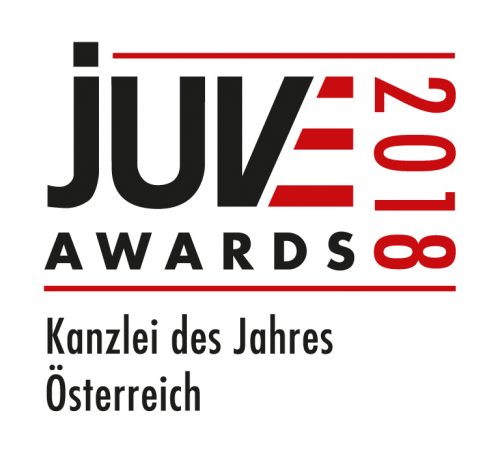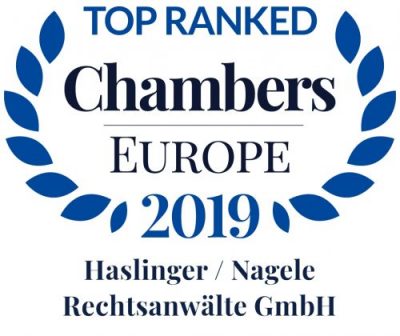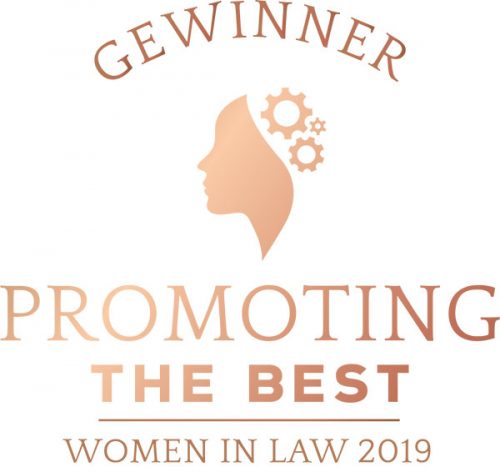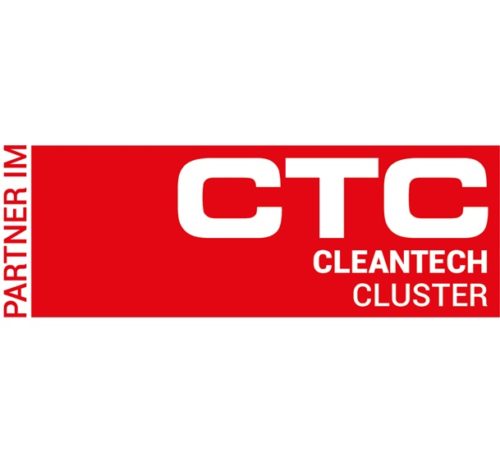Whistleblowing reporting systems
We help with implementation and processing!
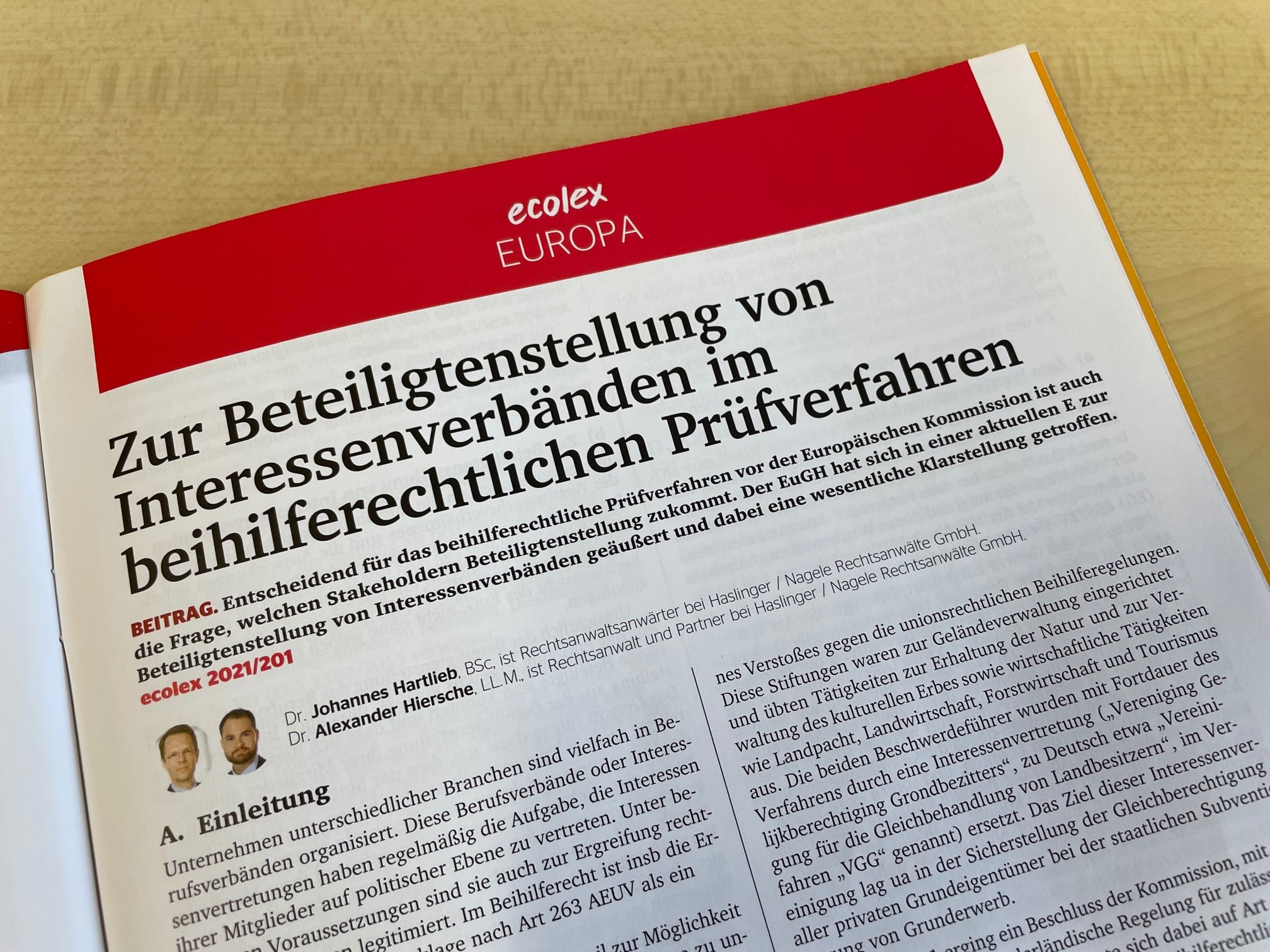
Professional and branch associations, often called “interest groups” in Austria, pursue a wide variety of purposes. One of them is the support of its members in legal matters. In practice, there are often corporations with law firms to support the members of the interest group in and outside the courtroom in the best possible way.
In a current issue of the legal journal “ecolex”, Johannes Hartlieb and Alexander Hiersche deal with current case law of the European Court of Justice on the participation of interest groups in proceedings to examine the legality of state aid. This against the background that the granting of state aid in the EU is basically prohibited and only permitted in exceptional cases. Approval from the European Commission is required before state aid can be granted. The procedure is based on the European legal bases and allows affected companies to participate. This participation includes both the possibility of expressing an opinion and the bringing of legal remedies against the decision of the Commission.
The ECJ has now ruled that interest groups can also take part in such proceedings and that no participation of a member of this interest group is necessary. The interest group only has to prove that one of its members is a competitor of the aid recipient or is otherwise impaired in its interests by the granting of aid.
This judgment can have a major impact on the expansion of renewable energies and on the energy transition as a whole, if you bear in mind that the energy transition – at least at the beginning – heavily depends on state subsidies. These state subsidies require the approval of the European Commission. Insofar, Section 100 of the draft of the Renewable Expansion Act also provides that the act can only come into effect after being approved by the European Commission. The comments made on the draft mostly come from industry and professional associations as well as from interest groups. Participation in the state aid investigation procedure is made easier for these stakeholders and thus they are given the opportunity to enforce their interests through legal channels. It will be interesting to see how this will be reflected in practice over the next few years.
Our antitrust and state aid law experts will be happy to answer any further questions you may have on this topic.
17. February 2021

